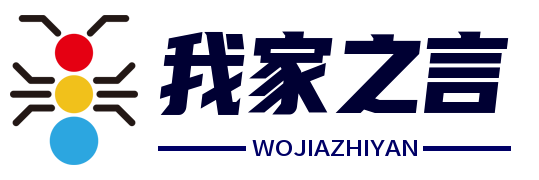In the contemporary era, the fusion of technology and daily life has become an inseparable part of our existence. The rapid advancements in technology have transformed the way we live, work, and interact with the world around us. This essay aims to explore the intricate relationship between technology and our daily lives, highlighting the benefits, challenges, and the future prospects of this symbiotic relationship.
The advent of the digital age has brought about a revolution in communication. Gone are the days when people had to rely on letters and telegrams to stay connected with their loved ones. Today, we have a plethora of communication tools at our disposal, such as smartphones, social media, and instant messaging apps. These tools have not only made it easier to stay in touch with friends and family but have also facilitated global collaboration and networking. The ability to connect with people across the world has broken down geographical barriers and fostered a sense of global community.
Technology has also revolutionized the way we work. The rise of the internet and digital platforms has enabled remote work, allowing employees to work from anywhere in the world. This has led to a more flexible work environment, where people can balance their professional and personal lives more effectively. Additionally, technology has automated many tasks, increasing efficiency and productivity in various industries. From manufacturing to finance, automation has streamlined processes and reduced the need for manual labor, leading to cost savings and improved output.
In the realm of education, technology has opened up new avenues for learning and knowledge acquisition. Online courses, e-books, and digital libraries have made education more accessible and affordable. Students can now learn at their own pace, choose from a wide range of subjects, and access resources from around the world. This democratization of education has the potential to bridge the gap between developed and developing countries, fostering a more equitable global society.
However, the integration of technology into our daily lives is not without its challenges. One of the most pressing concerns is the issue of privacy and security. As we increasingly rely on digital platforms for communication, banking, and other services, the risk of data breaches and identity theft has become a significant concern. Additionally, the digital divide remains a problem, with many people lacking access to the internet and digital devices, which can exacerbate existing inequalities.
Another challenge is the impact of technology on our mental health and well-being. The constant connectivity and the pressure to be always available can lead to stress, anxiety, and a sense of being overwhelmed. Furthermore, the rise of social media has been linked to issues such as cyberbullying, FOMO (Fear of Missing Out), and a decrease in face-to-face social interactions, which can negatively affect our social skills and emotional health.
Looking to the future, the interplay between technology and daily life is expected to continue evolving. The emergence of new technologies such as artificial intelligence, virtual reality, and the Internet of Things (IoT) promises to further transform our lives. These advancements have the potential to enhance our quality of life by improving healthcare, transportation, and urban planning, among other areas.
However, as we embrace these new technologies, it is crucial to address the ethical, social, and environmental implications they bring. We must ensure that the benefits of technology are accessible to all and that they are used responsibly to promote a sustainable and equitable future.
In conclusion, the relationship between technology and daily life is a complex and dynamic one. While technology has brought about numerous benefits, it also presents challenges that we must navigate carefully. As we continue to integrate technology into our lives, it is essential to strike a balance between innovation and the preservation of our values and well-being. By doing so, we can harness the power of technology to create a better world for all.







